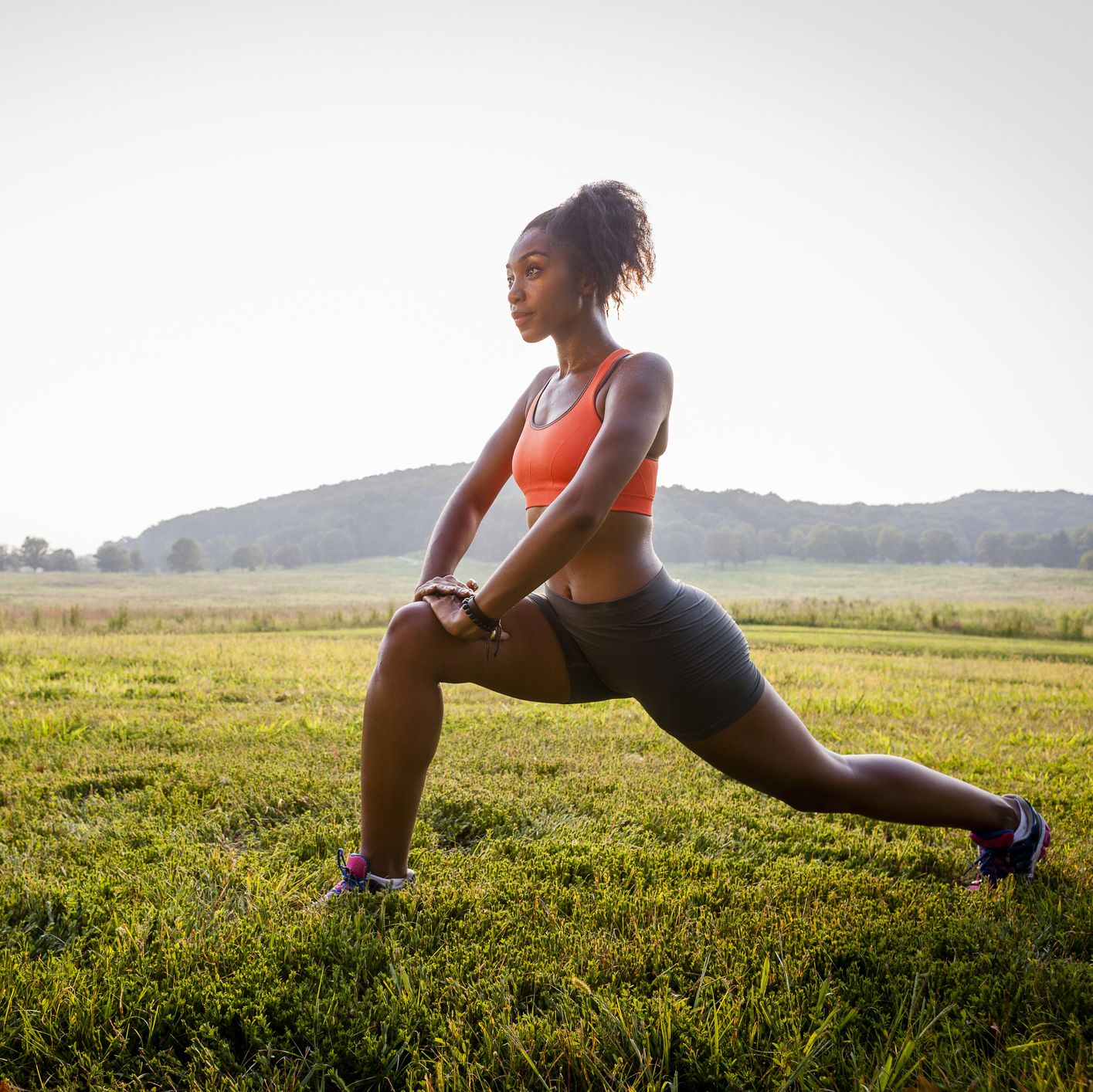Can I Self-Care Too Much?
Our resident psychiatrist discusses the possibility of overdoing "Me Time."
Q: Is there such a thing as too much self-care?
During an airline safety demonstration, the flight attendant instructs you to put on your oxygen mask before assisting others if the cabin loses pressure. They tell you this for good reason. If you run out of oxygen, you will lose consciousness and won’t be able to assist anyone else. It is a life-or-death situation. But mental health is more nuanced. It does not exist in such absolute “either-or” terms. Of course, it is important to take care of yourself—to put on the proverbial oxygen mask—but it doesn’t mean you should retreat into yourself and disengage from the world around you. Here’s the thing: You can take care of yourself and be there for others at the same time.
I had a patient, let’s call her S, who became so preoccupied with self-care that it began to undermine her well-being. She withdrew from her book club so she could read self-help books on her own. The group didn’t always choose books she liked, so she felt justified in her decisions. Making herself a priority gave her license to decline invitations that weren’t convenient or to her liking. She didn’t attend a friend’s birthday dinner because it wasn’t at a vegan restaurant. She privileged “me time” over family time. When her sister came to town for a visit, she barely made time to see her.
It was self-care on steroids. S was getting lots of sleep, eating a healthy diet, meeting with a life coach on a regular basis, meditating 30 minutes a day, and getting plenty of exercise. But she was missing out on a crucial aspect of well-being: social connection. Instead of focusing exclusively on yourself when the going gets rough, remember to look up, look out, and, above all, connect with others.
It is well established that having a shoulder to lean on helps us get through a bad day, and studies show that social support is one of the best salves for stress. Less well-known are studies that show how providing a shoulder to lean on helps buffer against stress. In a University of California, Los Angeles, and Yale School of Medicine research article titled “Prosocial Behavior Helps Mitigate the Negative Effects of Stress in Everyday Life,” participants who engaged in other-focused behavior, such as holding open a door, asking someone if they needed help, and lending a hand, reported better moods and lower daily stress levels than those who didn’t. In sum, self-care is a good thing. Just don’t let it become the only thing.
This story originally appeared in the July2019 issue of Marie Claire.
MORE FROM SAMANTHA BOARDMAN


Stay In The Know
Get exclusive access to fashion and beauty trends, hot-off-the-press celebrity news, and more.
-
 Princess Anne's Unexpected Suggestion About Mike Tindall's Nose
Princess Anne's Unexpected Suggestion About Mike Tindall's Nose"Princess Anne asked me if I'd have the surgery."
By Amy Mackelden Published
-
 Queen Elizabeth's "Disapproving" Royal Wedding Comment
Queen Elizabeth's "Disapproving" Royal Wedding CommentShe reportedly had lots of nice things to say, too.
By Amy Mackelden Published
-
 Palace Employees "Tried" to Get King Charles to "Slow Down"
Palace Employees "Tried" to Get King Charles to "Slow Down""Now he wants to do more and more and more. That's the problem."
By Amy Mackelden Published
-
 Senator Klobuchar: "Early Detection Saves Lives. It Saved Mine"
Senator Klobuchar: "Early Detection Saves Lives. It Saved Mine"Senator and breast cancer survivor Amy Klobuchar is encouraging women not to put off preventative care any longer.
By Senator Amy Klobuchar Published
-
 I'm an Egg Donor. Why Was It So Difficult for Me to Tell People That?
I'm an Egg Donor. Why Was It So Difficult for Me to Tell People That?Much like abortion, surrogacy, and IVF, becoming an egg donor was a reproductive choice that felt unfit for society’s standards of womanhood.
By Lauryn Chamberlain Published
-
 The 20 Best Probiotics to Keep Your Gut in Check
The 20 Best Probiotics to Keep Your Gut in CheckGut health = wealth.
By Julia Marzovilla Published
-
 Simone Biles Is Out of the Team Final at the Tokyo Olympics
Simone Biles Is Out of the Team Final at the Tokyo OlympicsShe withdrew from the event due to a medical issue, according to USA Gymnastics.
By Rachel Epstein Published
-
 The Truth About Thigh Gaps
The Truth About Thigh GapsWe're going to need you to stop right there.
By Kenny Thapoung Published
-
 The High Price of Living With Chronic Pain
The High Price of Living With Chronic PainThree women open up about how their conditions impact their bodies—and their wallets.
By Alice Oglethorpe Published
-
 I Used to Imagine Murdering the Men I Dated
I Used to Imagine Murdering the Men I DatedFalling in love helped me finally figure out why.
By Jessica Amento Published
-
 60 Workout Apps for Women Who Want Results (Without a Gym Membership)
60 Workout Apps for Women Who Want Results (Without a Gym Membership)Buying Guide Easy fitness plans you can follow without fear of judgment.
By Bianca Rodriguez Published